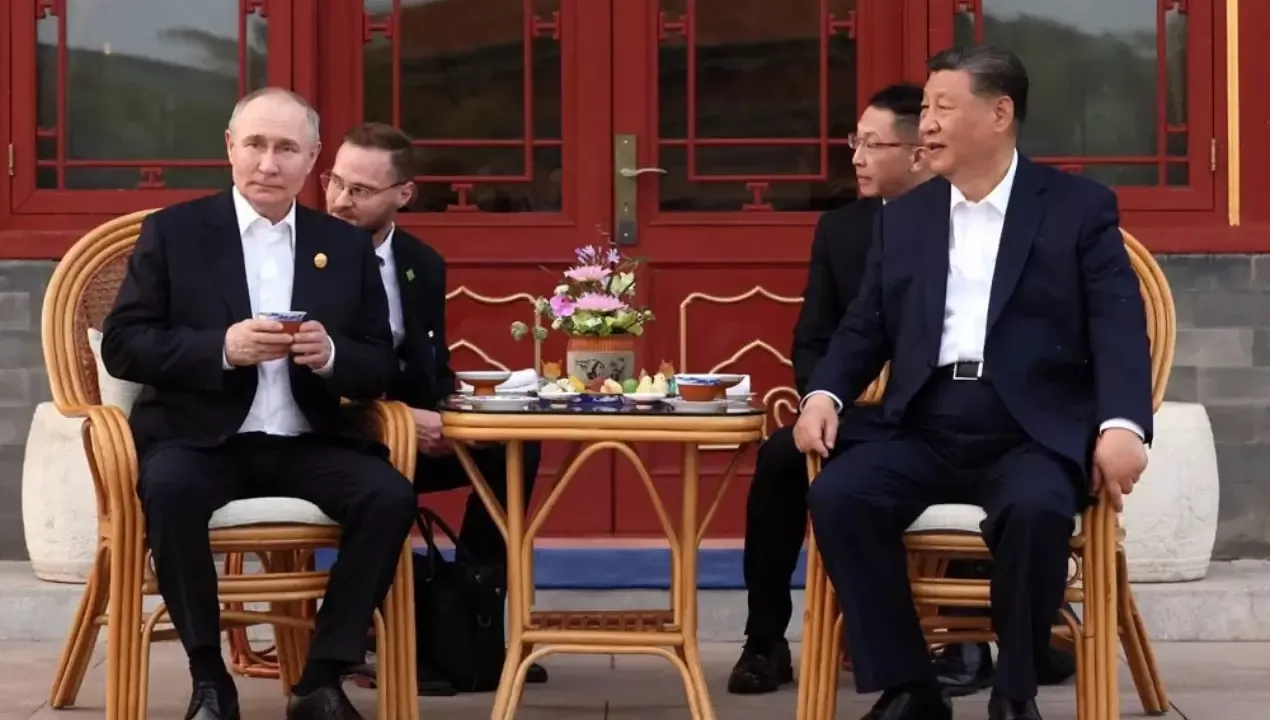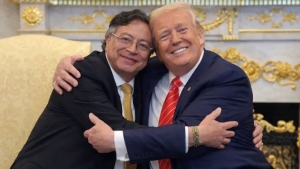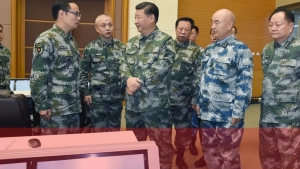Barter trade is expanding in Russia under sanctions conditions

Barter deals are becoming more widespread again in Russia's foreign trade. This was reported by Zamin.uz.
According to Reuters agency data, the share of barter is increasing for the first time since the 1990s. Moscow and its trading partners are trying to avoid the negative effects of sanctions through this method.
In the 1990s, barter trade was a useful tool for Russia during the period of high inflation and ruble devaluation. Now, due to the limited transaction capabilities of the dollar, this mechanism is being actively used again.
In particular, many banks in China refrain from directly accepting money from Russia because of sanctions. Controlling and monitoring barter operations is also difficult.
At the beginning of 2024, the Russian Ministry of Economic Development presented the "Foreign Trade Barter Deals Navigator." It provides a brief guide on the use of barter and proposed the creation of a special barter exchange.
According to Reuters data, such schemes are widely used in practice. Agency journalists found that cars produced in China were delivered to Russia in exchange for wheat.
Russian companies bought grain for rubles and handed it over to Chinese partners, who in turn provided vehicles previously purchased in yuan. Additionally, Russian companies exchanged flax seeds for household appliances and construction materials.
Some deals exceeded a value of 100 thousand dollars. Russians obtained cars and services by supplying aluminum, various metals, and raw materials to China.
It was also reported that a similar barter deal was carried out with Pakistan. According to sources, through some deals, Russia is able to obtain Western products under sanctions.
Reuters interviewees confirmed that barter trade is increasingly expanding but emphasized the difficulty of determining its exact volume. Thus, barter deals have become an important tool in Russia's foreign trade during the sanctions period.
Through this method, the country is striving to partially circumvent economic restrictions.







